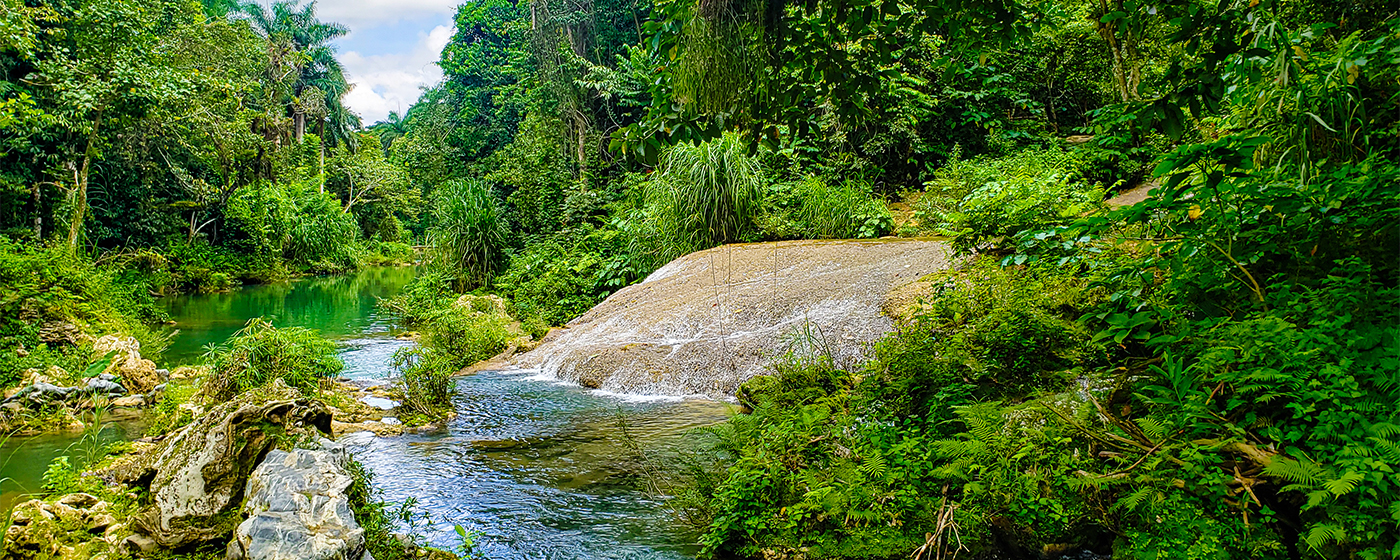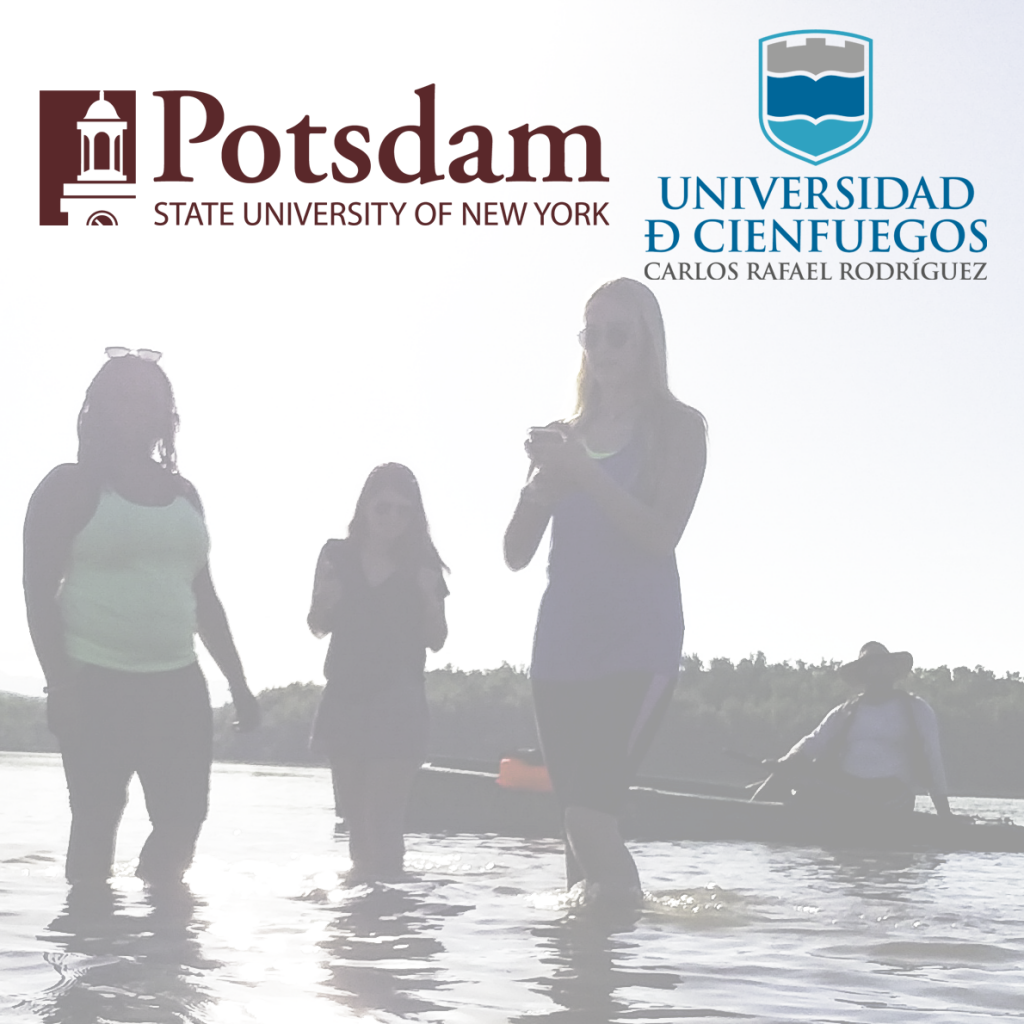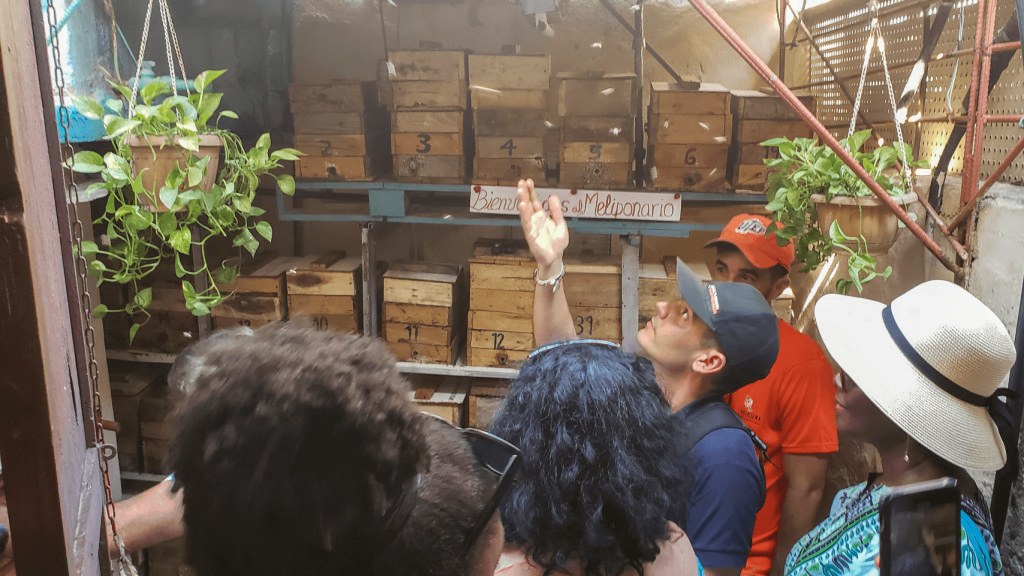COURSE DESCRIPTION
Earth is currently experiencing its sixth mass extinction event but unlike the previous ‘big five’, this extinction event is occurring at an extraordinary rapid pace. Much of the extinctions observed are the result of climate change, habitat loss, globalization, and exploitation. Cuba is the largest island within the Antilles and has a unique suite of biodiversity given its geologic history. Furthermore, the socio-cultural history of Cuba provides a unique investigation of biodiversity, habitat availability, and conservation practices employed by the Cuban people. In this course we will invite students to explore how conservation of various taxa and habitats has occurred throughout Cuban modern history, as well as directly explore Cuban biodiversity with Cuban researchers, scientists, and community members. We will ask questions such as;
- What geologic processes have facilitated the biodiversity of Cuba?
- How has Cuban biodiversity changed in the recent past?
- What are the current areas of conservation concern within Cuba?
- How are the Cuban people and Cuba’s government engaged in biological conservation?
- How do Cuban conservation practices compare to conservation practices elsewhere around the world?
We will begin to tackle these questions by taking a historic perspective of the conservation movement beginning in the United States, noting that this is simply the beginning of a ‘modern affluent-North American-centric’ lens. We will then expand our thinking of ‘conservation’, and explore biological conservation globally as it relates to the greatest driver of species extinction, climate change. As we draw the course to a close, we will examine very specific national, regional, and local/community scenarios of conserving biodiversity in Cuba. At the completion of the course, students will be prepared to thoughtfully address current and emerging conservation issues both locally and more globally.
COURSE OUTCOMES
By the end of this course, you will able to:
- Develop a basic understanding of conservation biology’s history and rootedness in North American ideals/perspective.
- Acknowledge that conservation biology is a field where there are infinite ‘ways of knowing’, and deconstruct the North American perspective.
- Introduce field sampling and scientific methods, as applied to biodiversity sampling.
- Recognize the relationships between global environmental factors (abiotic & biotic, social, economic, etc.) and local biodiversity and conservation.
- Develop an understanding of Cuba’s unique biodiversity.
- Compare and contrast Cuban conservation practices and approaches to those from other localities.
- Provide sufficient background for further studies in biodiversity and conservation ecology, planning, and management.
- Application Deadline: March 15
- NO Spanish Requirement
- Number of Credits: 3
- Number of Weeks: 5
- Course Begins: May 22, 2023
- Course Ends: June 26, 2023
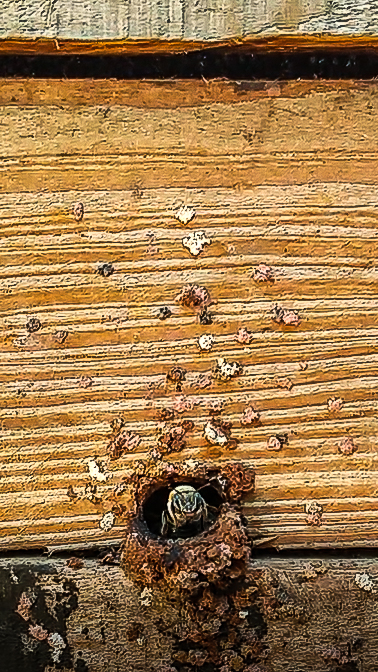
ABOUT THE COURSE LEADERS

Dane Ward, Ph.D. is an associate teaching faculty in the Department of Biodiversity, Earth, and Environmental Science at Drexel University. Dane has a wide range of research experiences broadly rooted in conservation biology where he utilizes various methods including population genetics, spatial analyses, and field data collection to develop meaningful conservation methods for species of conservation interest. Dane’s research also focuses on urban landscapes where he is intrigued by factors driving urban biodiversity, ecological stability, and urban resilience. Additionally, Dane partners with colleagues to examine the interaction between urban environments and human public health outcomes including mental health, nutrition and access to green spaces.
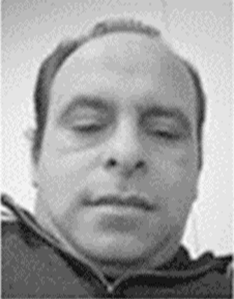
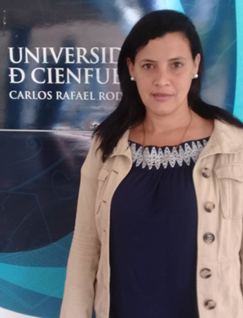
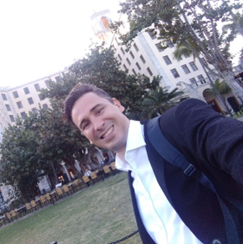
Already have an account? Log In Here

